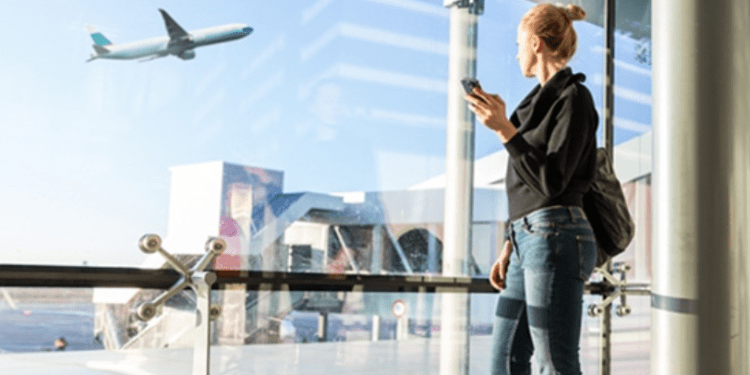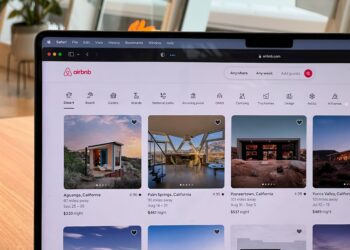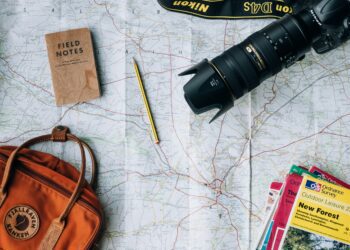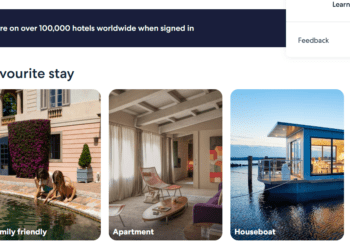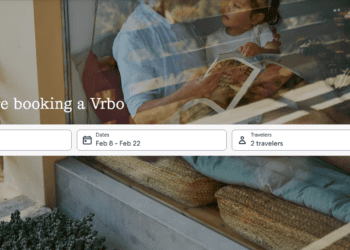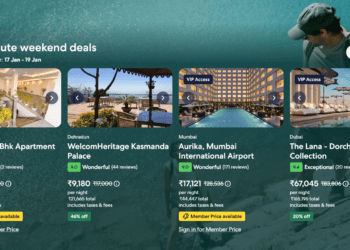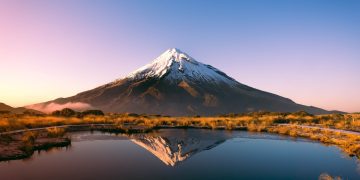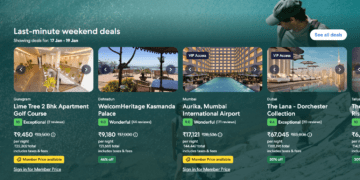Everyone knows that travel can be a blast. It can introduce you to new cultures and make you feel like you’re living an exciting life. But did you know that it can also be incredibly productive? The amount of time you spend away from work can actually help improve your work flow and productivity. That’s because when you’re away from your desk and working on something else, it breaks up the monotony of your day-to-day tasks and makes them more manageable. If you find yourself feeling bogged down by work, consider taking some time for yourself this year and go on a trip. You may be pleasantly surprised by the benefits!
How traveling can help you be more productive
Travel can help you be more productive in a number of ways. For one, it can give you a new perspective on your work. By spending time in different parts of the world, you can learn about different cultures and how they operate. This can help you come up with new ideas for products or services, or just make you more creative overall.
Additionally, traveling can also help you develop new professional connections. By meeting new people and exchanging ideas, you’ll be able to build stronger relationships that can help when it comes to career opportunities down the line. Finally, traveling can also give you a break from your daily routine. This can lead to a more relaxed attitude at work and allow you to come up with new ideas more easily.
The different types of travel
There are a variety of different types of travel, each with its own benefits and drawbacks. The following is a brief overview of some of the most common types of travel:
1) Cultural Travel: Cultural travel is an excellent way to explore a new culture and learn about the people and their customs. However, cultural travel can be expensive, and it can be difficult to find affordable flights or hotels.
2) Natural Travel: Natural travel takes you away from the hustle and bustle of everyday life and gives you a chance to see amazing landscapes and wildlife. However, natural trips can be expensive, and often require long hours on the road or in the wilderness.
3) Adventure Travel: Adventure travel allows you to escape from everyday life by exploring wild landscapes or taking on dangerous activities. However, adventure trips can be expensive, and they often require extensive planning in order to avoid scams or accidents.
What to pack for your trip
When you’re traveling, it can be easy to feel like your productivity takes a hit. But in reality, packing your bag and hitting the road can actually help you be more productive when you get back home. Here are four tips for maximizing your productivity on travel:
1) Bring your work with you. If possible, make sure to bring all of your work with you on your trip. This means having access to everything you need so that you can stay as productive as possible while away from the office.
2) Get organized. When packing for your trip, try to get as organized as possible. This will help keep everything clean and easy to access while on the go. It’ll also help minimize the amount of time you spend rummaging through your suitcase or backpack trying to find what you’re looking for.
3) Set some ground rules. Before leaving for your trip, make sure to set some ground rules about how much work you’ll be able to do and when dinner will be served. This way, everyone is aware of what’s expected and there are no surprises when they get back home.
4) Use technology wisely. If you have access to technology while on your trip, use it! This includes things like smartphones and laptops, but also tablets and other small devices. By using these tools wisely, you can keep up with work even when away from an actual working environment.
Tips for making the most of your travels
There are a few things you can do to make the most of your travels that will help you be more productive when you’re back at home.
1. Get organized before you leave: This may seem silly, but it’s really important to have a plan before you go. Figure out what you need to pack and make a list of what stores and restaurants you’ll be visiting. This will save time later on when you’re trying to find something specific.
2. Use technology to your advantage: If there’s something you need to check ahead of time but don’t have time to head into town, try using online resources or apps. Most hotels offer Wi-Fi access, and many airlines offer mobile apps that let customers check in and get directions.
3. Find new friends: One of the best ways to enjoy your travels is by making new friends. In some cases, this might mean meeting people online before you go, through social media or discussion boards related to your destination; in other cases it might mean striking up conversations with locals while you’re on the street or in a restaurant.
4. Take advantage of free activities: Many places have free attractions, exhibitions or music events that are worth checking out – even if they’re only for a short period of time. Museum admissions are often free on weekdays during peak tourist seasons; parks often have free day-use periods during the summer months.

